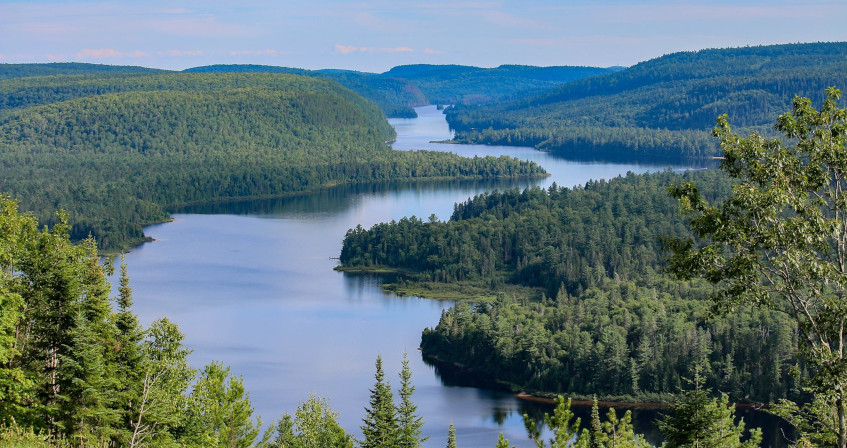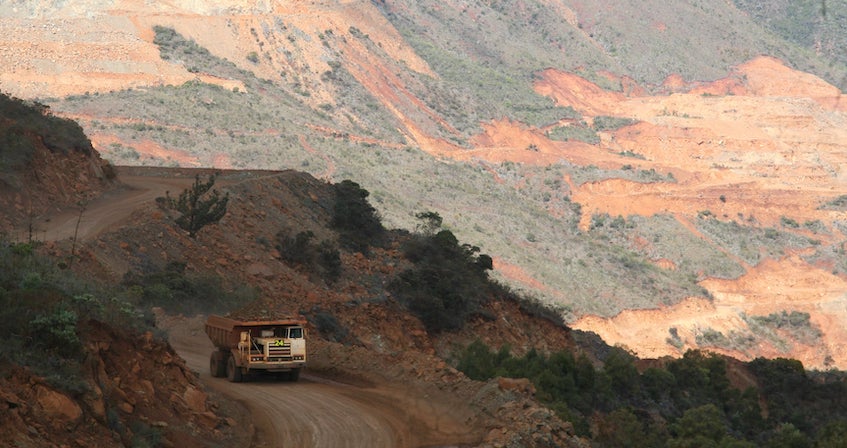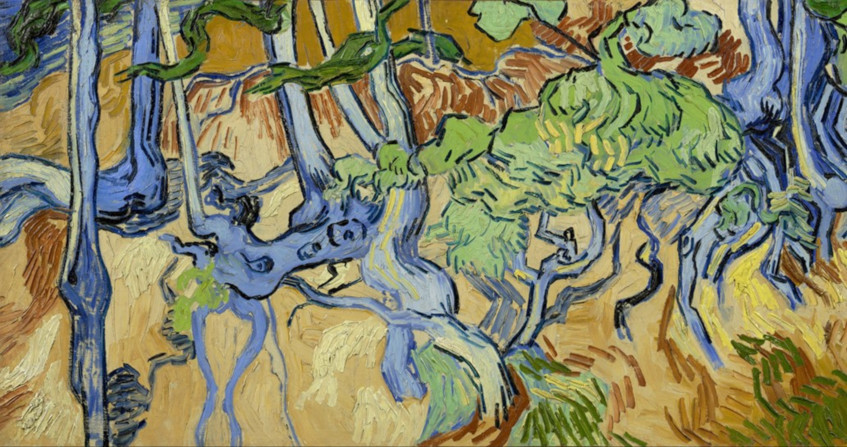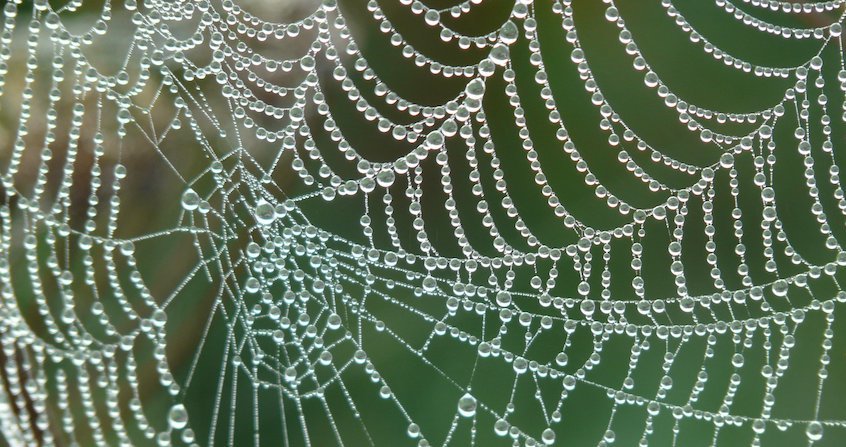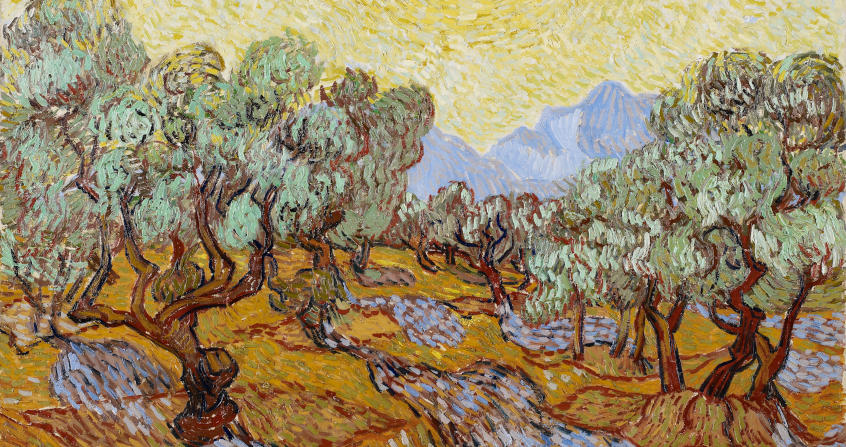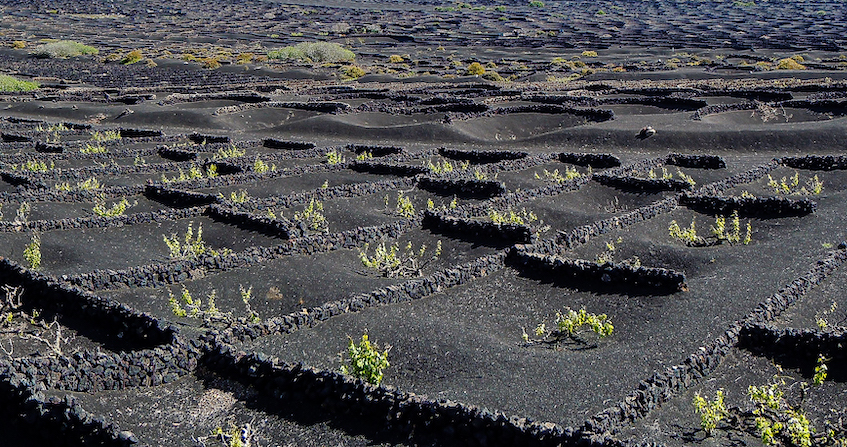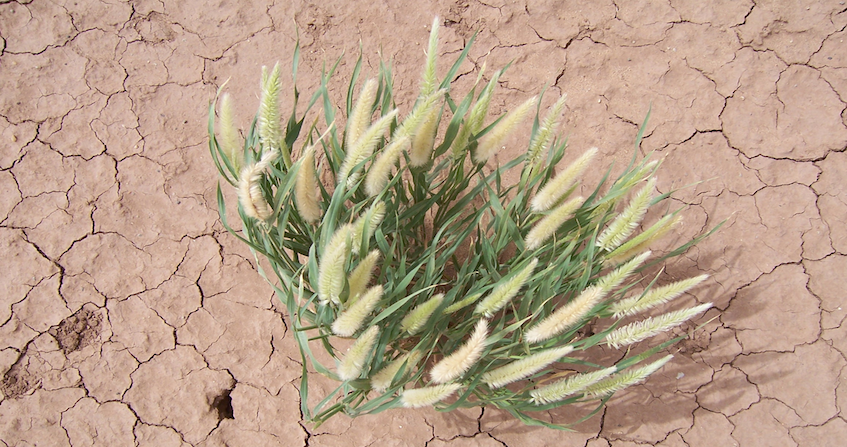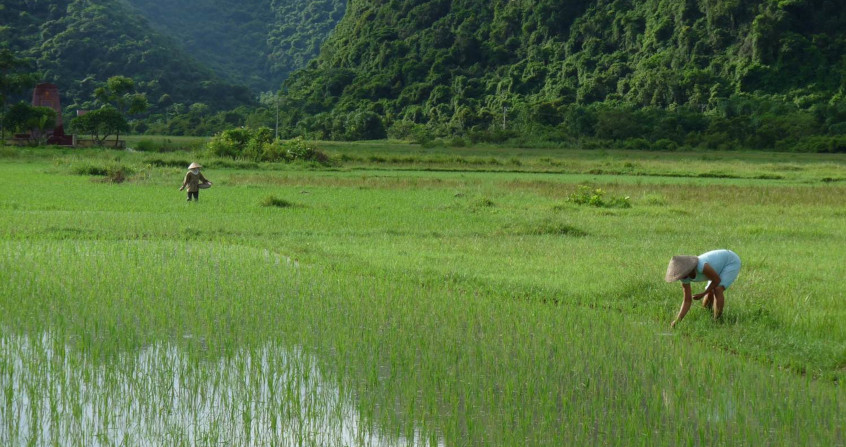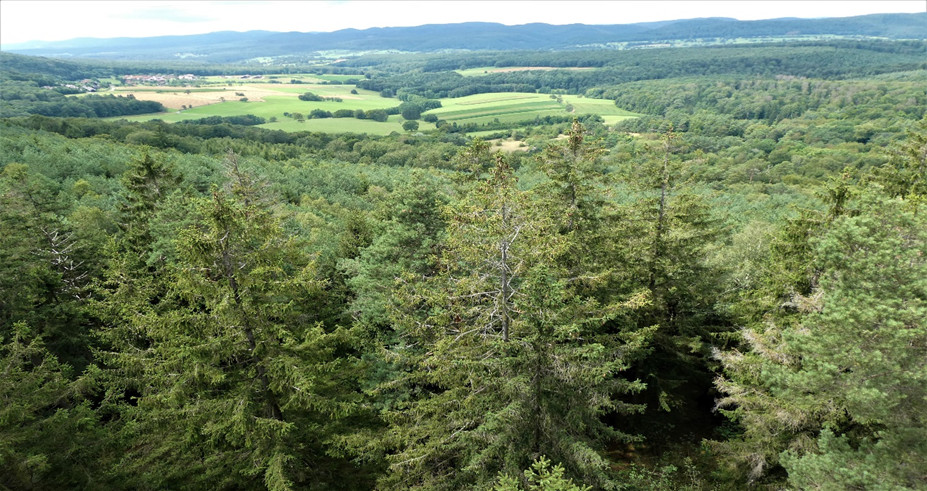
Plant resistance to stress: role of respiration?
Yes, plants breathe! Their growth is the result of a delicate balance between the photosynthetic acquisition of carbon and the respiratory restitution of part of it. During photosynthesis, plants absorb carbon dioxide, CO2, whose increasing presence in the atmosphere is a problem, and release oxygen, O2. This gas exchange characterizes the autotrophy of plants, i.e. their… »





